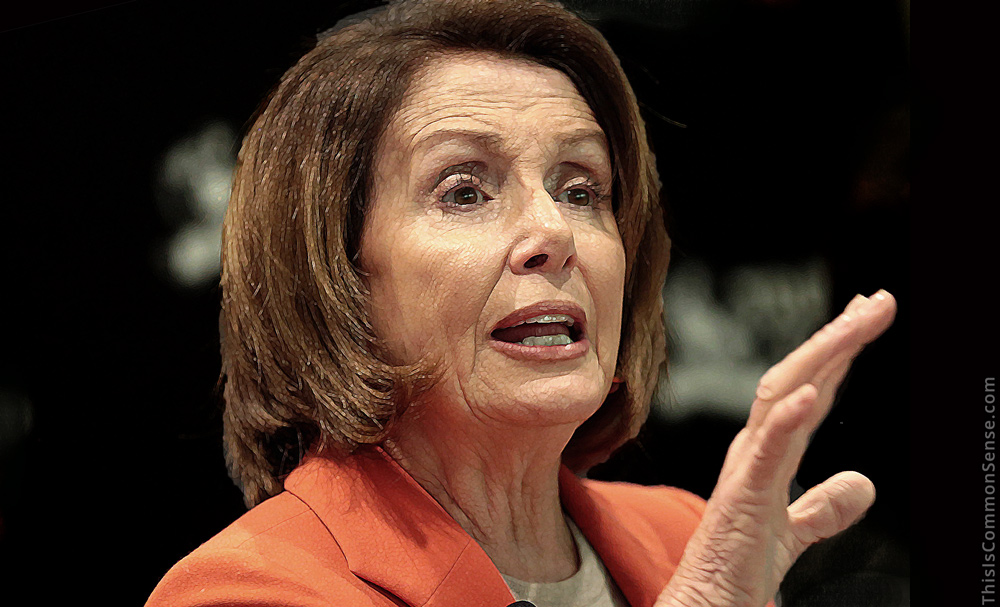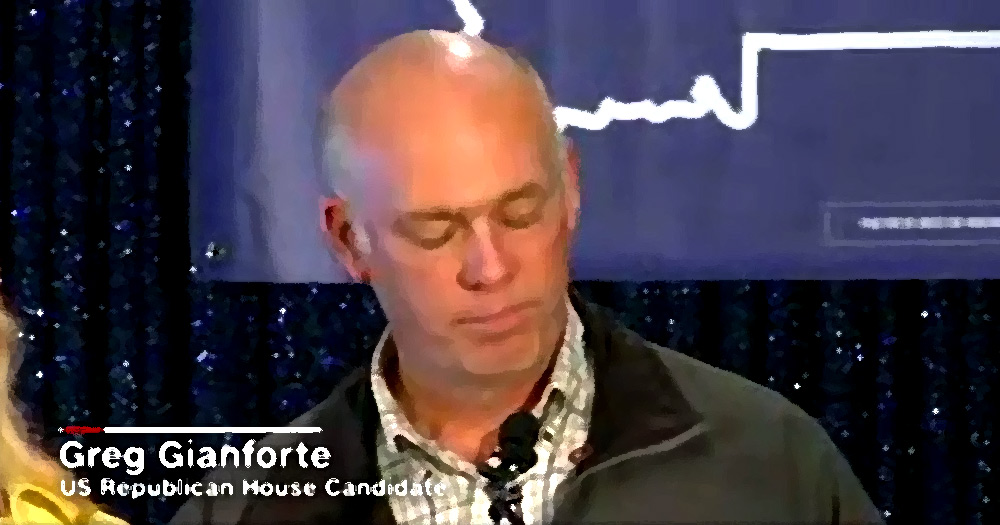Do politicians oppose term limits on principle?
For the answer to be yes, we would first have to explain to them what principles are.
Sure, politicians adamantly oppose term limits that cut against their self-interest, i.e. apply to them. But they are often for term limits … when the limitation applies to others.
The exception to this rule? When limiting one’s own terms — or pledging to do so in the future — is absolutely essential in order to win an election.
Take the case of House Minority Leader Nancy Pelosi, who wishes to be elected Speaker in January by the new Democratic House majority.
Mrs. Pelosi is an unlikely candidate … for Mrs. Term Limits. And yet, she has agreed to support a new rule imposing term limits on leadership positions — even her own speakership.
What gives?
A number of newly elected congresspeople won their seats on a promise to change Washington. And to gain votes, they had pledged not to support the exceedingly unpopular, long-serving Swamp Creature for speaker.
Or should that be Mrs. Swamp Creature?
Now with Democrats comprising a narrow 17-seat majority in the new Congress, these young upstarts wield enough votes to deny Pelosi the position she covets.
So, against the objections of her longtime lieutenants, Pelosi has promised these “rebels” that she will not merely bring before her caucus a new rule imposing limits of three terms for leadership positions, including her own, but she also insists that even if that rule fails to win the support of the Democratic caucus, she will personally, voluntarily, abide by those limits.
Meet the Missus. Don’t ask about her previous status.
This is Common Sense. I’m Paul Jacob.

Photo credit: Gage Skidmore
See all recent commentary
(simplified and organized)
See recent popular posts


